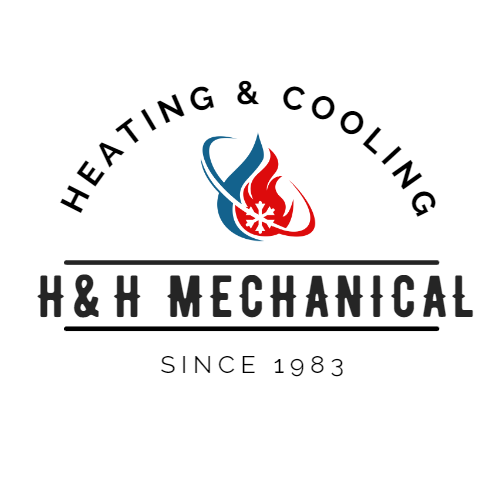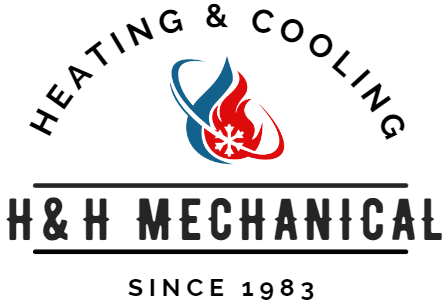Surviving Freezing Temperatures: How Your HVAC System Can Help

As the winter season settles in, freezing temperatures can pose various challenges for homeowners. The bitter cold not only affects our comfort but also puts stress on our homes and HVAC systems. In this blog post, we will explore the impact of freezing temperatures on our HVAC systems and how we can navigate through this chilly season with the help of our heating and cooling systems.
1. Protecting Your HVAC System
Extreme cold can cause havoc on your HVAC system if not properly protected. Here are a few tips to safeguard your system during freezing temperatures:
Insulate exposed pipes: Freezing temperatures can lead to frozen and burst pipes. By adding insulation to exposed pipes, you can prevent them from freezing and potentially causing significant damage to your HVAC system.
Clear snow and ice around outdoor units: Remove any snow or ice buildup around your outdoor HVAC unit. This will allow for proper airflow and prevent damage to the unit.
Regular maintenance: Schedule a professional HVAC maintenance service before the onset of winter. Regular maintenance ensures that your system is in optimal condition, ready to tackle the freezing temperatures.
2. Heating Efficiency
Efficiency becomes even more crucial during the winter months when your heating system is running constantly. Here are a few tips to maximize heating efficiency and stay warm without breaking the bank:
Program your thermostat: Set your thermostat to lower temperatures when you're away or asleep. This will conserve energy and reduce your heating costs.
Seal air leaks: Drafty windows and doors can let cold air in and warm air out, causing your heating system to work harder. Use weather stripping or caulking to seal any leaks and keep your home cozy.
Change air filters: Dirty air filters restrict airflow, making your heating system less efficient. Regularly replace or clean your air filters to improve performance and indoor air quality.
3. Preventing Heat Loss
When it comes to staying warm during freezing temperatures, heat loss prevention is key. Here's how you can ensure your home retains heat efficiently:
Insulate your home: Proper insulation in walls, attics, and crawl spaces can significantly reduce heat loss. Insulation acts as a barrier, keeping the cold air out and trapping warm air inside.
Close curtains and blinds: When the temperature drops, keep your curtains and blinds closed during the night to prevent heat from escaping through windows.
4. Supplemental Heating
In some cases, your HVAC system might need a little extra help during freezing temperatures. Supplemental heating can provide that additional warmth you need:
Space heaters: Use energy-efficient space heaters in individual rooms to provide targeted warmth, especially during extremely cold days.
Fireplace or wood-burning stove: If you have a fireplace or wood-burning stove, utilize it as a supplemental heat source. Make sure to follow safety practices and keep flues open for proper ventilation.
Remember, safety should always be a priority when using supplemental heating sources. Keep flammable items away from heating devices and never leave them unattended.
Freezing temperatures can be tough, but with the right strategies and the help of your trusty HVAC system, you can stay warm and comfortable throughout the winter season. By protecting your HVAC system, improving heating efficiency, preventing heat loss, and considering supplemental heating options, you can weather the cold with ease.
If you have any concerns about your HVAC system's performance or need assistance in preparing for freezing temperatures, don't hesitate to contact our team of experts at H & H Mechanical.
Stay warm and safe!
You might also like


Book a Service Today
We will get back to you as soon as possible
Please try again later



